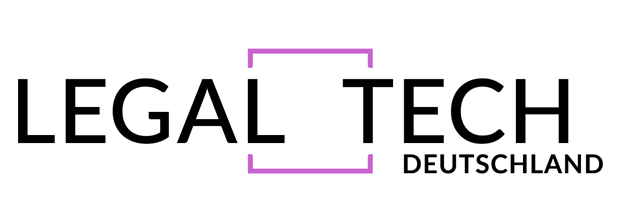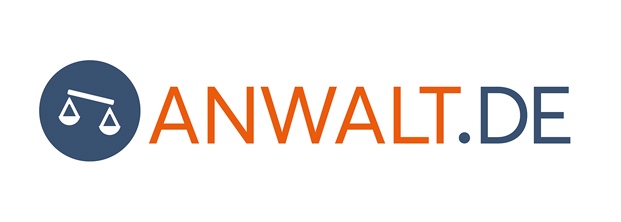Criminal law deals with punishable misconduct, offenses or crime. It essentially guides and explains issues related to the definition of criminal behavior. So, what is criminal behavior? It is any conduct of public wrong that is deemed serious, dangerous, hostile, detrimental, or otherwise endangering people, livelihood, property in a state or country. Every country will have varying elements and procedural provisions concerning criminal law. In this article, we delve deeper into the structure of criminal law procedure in Germany.
In Germany, criminal law is instituted on two classifications as detailed below:
- The criminal code division: This consists of the general ideologies relating to criminal liability and penalizations which also explains the descriptions of criminal public wrong doings and other underlying elementary data.
- The Code of criminal procedure division: This addresses the general provisions of criminal law, procedural provisions, the means of review, and other codes of conduct related to criminal procedures.
In this write-up, we will be discussing the second division, particularly, German criminal procedure. We will look at the structure through which the German prosecutor's office handles a criminal case, from the time it is reported. Keep reading this post as we look at the structure of the German criminal law procedure below:
Preliminary proceedings and investigations
Sometimes referred to as the preliminary proceedings, this is the first step in the German criminal law procedure. Normally, this step is triggered by an initial suspicion. This is when the German office of the public prosecutor becomes aware of the suspicion of a crime or criminal offence. It can be through a report or any other means. For example, a citizen or victim of an offence can file a criminal complaint to trigger these investigations. The preliminary proceedings are where the office of the prosecutor starts to look for facts about the possible criminal offence. As the investigations are underway, the subject or suspected person becomes the accused.
This stage of the structure may include activities like; talking to the suspect and potential witnesses & victims, and reaching out to professionals to gather facts. The inquiries are not only meant at incriminating the suspect. In addition to this, the public prosecutor's office is also delegated to gather evidence that may absolve/exonerate the accused.
According to German Code of Criminal Law Procedure, there are some actions that have to be followed throughout this stage. Let us look at some of these actions below:
- Without a judge's order - The public prosecutor's office and police can take photos and fingerprints of the suspect, make an interim arrest for inquisition, question witnesses and specialists, and find the suspect & witnesses.
- With an official judge's request - the public prosecutor's office and police can complete corporal examinations, take samples from the defendant (like blood and semen samples) and execute genetic tests on the accused and other individuals linked to the case. Dragnet searches, emails, phone records, appropriations of devices, wire surveillances, civic searches, long and short-term observations of the suspect, and alerts can also be steered.
- With a judge's order - The following can be done; observation of residences, serial/genetic testing, cancellation of licenses, issuing of arrest warrants, provisional bans for experts, and placements of the accused in psychiatric hold pending expert opinion on their psychological health.
Note that an order has to be written and approved by a judge. On the other hand, when it comes to a quest, an investigative judge reserves the right to approve and reject, add and exclude some privileges at any time.
Interrogation
This is where the accused is brought into custody by the police under the instruction of the public prosecutor's office and questioned about the crime for which they are accused. The goal is to ask questions and use clever tactics that may result in a confession or hasty and incriminatory statements that can be used in the main case proceedings. There are codes that govern this process too. For instance, the accused has special rights that the investigator must inform and explain to them about in advance. They include:
- During interrogations, the accused must be aware of the crime they are accused of and is also at liberty to remain quiet so as not to implicate themselves.
- The accused also has a right to obtain legal assistance or a translator (as and when needed) during debriefings.
- The accused also has the right to request to see the evidence of the crime for which they are charged or suspected of.
- No declaration should be made in the absence of legal guidance
Detention and investigation results
The ensuing phase is referred to as the pre-trial arrest where the office of the public prosecutor can request for an arrest warrant from the investigating judge through an official submission. If the warrant is granted, the accused will be detained awaiting the outcome of the preliminary investigations and the trial.
Once the results of the preliminary investigations are in, the public prosecutor's office will determine what happens next. Three things can happen once the results are in:
- The proceedings can be discontinued in case of insufficient evidence
- A penalty may be issued instead of an indictment without a hearing
- Charges may be brought by the public prosecutor to the criminal court (here a hearing will take place in the future)
If charges are brought to the criminal court, then the defense counsel for the accused will be granted access to the file containing all the investigation details.
Interim proceedings
Once an indictment has been filed, the court becomes responsible for the hearing. Therefore, the court will decide if the main proceedings will be open or discontinued. If the proceedings are opened, then the accused will go through a trial.
The judge will set a date for the hearing which may take from a few hours to months, depending on the complexity of the case, the facts, list of evidence, and more. The hearing will include the presentation of the evidence and facts from the public prosecutor's office and also from the defense counsel. A jury may be involved.
After the main proceedings, a verdict is usually reached. If the accused is found guilty, then legal actions (sentencing) have to be made. If not, the process ends here and the case is withdrawn. An appeal can be lodged against the judgement from either side. If the appeal request is granted, then the whole criminal proceedings will begin again as explained on this article.
Final considerations
The whole structure of criminal law procedure in Germany is overseen by codes of conduct. Hence, if the codes are not seen through, the whole case may be influenced. This spreads over to both sides of a case (defense and defendant). A good defense and criminal lawyer should be attentive to the codes for the proceedings.





